Can menopause cause insomnia? If you're having sleepless nights, this is what a doctor wants you to know
Can menopause cause insomnia? Unfortunately so, but there are a few ways to lessen the effects and get a better night's sleep
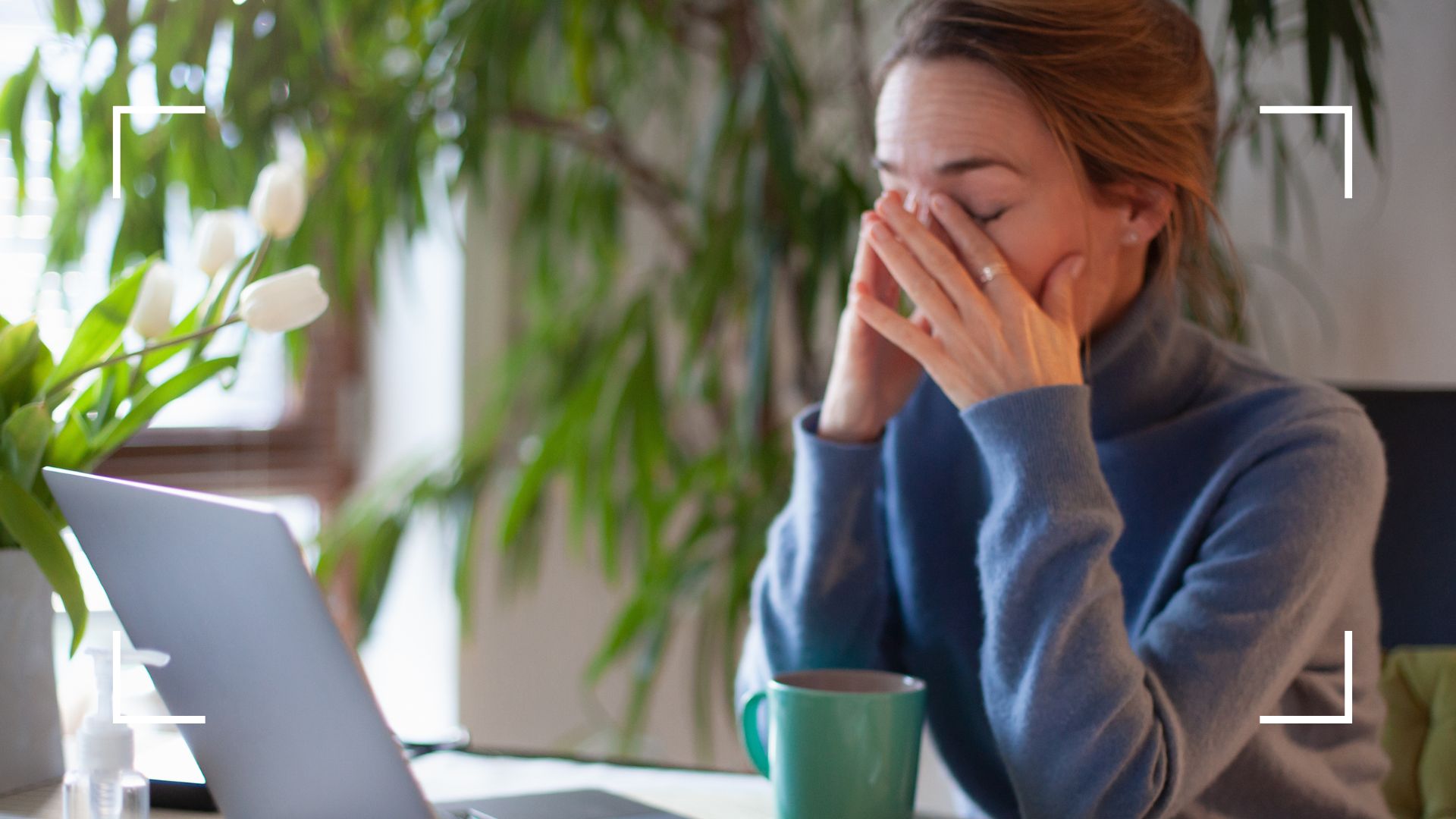

Can menopause cause insomnia? If you're lying awake tossing and turning, unable to sleep, it's a question you may be asking. While there are many uncomfortable symptoms of menopause that differ from person to person, the impact of changing hormones on our sleep is often reported as one of the worst.
Insomnia not only makes day-to-day life difficult, what with its impact on our brain's ability to concentrate, stress response, and pain thresholds, it can actually make some symptoms of menopause worse. With a lack of good quality sleep comes a higher chance of mood swings, anxiety, and rapid temperature changes.
However, there is something you can do about it. Here, we speak to a doctor and a sleep specialist to get down to the bottom of one of the most frustrating menopause symptoms out there and find out how best to tackle it, so you can sleep better from tonight onwards.
Can menopause cause insomnia?
The short answer is yes. Unfortunately, insomnia is quite a common symptom of perimenopause and menopause. As well as having a knock-on effect and leading to other symptoms flaring up, the insomnia may be caused by other symptoms. As Dr Clare Spencer, a GP and menopause specialist, explains, "Broken sleep can be directly connected to some of the physical symptoms of the menopause. You may be woken up by joint pains or hot flushes and night sweats, for example, or you might need to get up in the middle of the night to go to the loo more frequently."
You may also simply find that your sleep is directly affected by the fluctuating and falling hormone levels.
It's important to point out that there may be other reasons you might be struggling to sleep too, such as stress or anxiety, but if you’re experiencing other menopausal symptoms it may be the cause of your insomnia.
While it may not help you sleep better, it may be helpful to know that if you're experiencing insomnia during menopause, you're not alone. According to data provided by the homeware brand Dunelm, two-thirds of women said that menopausal insomnia has had a negative impact on their emotional wellbeing. Even more interestingly, the research revealed that the most common time menopausal women wake up through the night is 3:29 a.m, proving just how disruptive hormonal changes can be for our sleep schedule.
Sign up for the woman&home newsletter
Sign up to our free daily email for the latest royal and entertainment news, interesting opinion, expert advice on styling and beauty trends, and no-nonsense guides to the health and wellness questions you want answered.
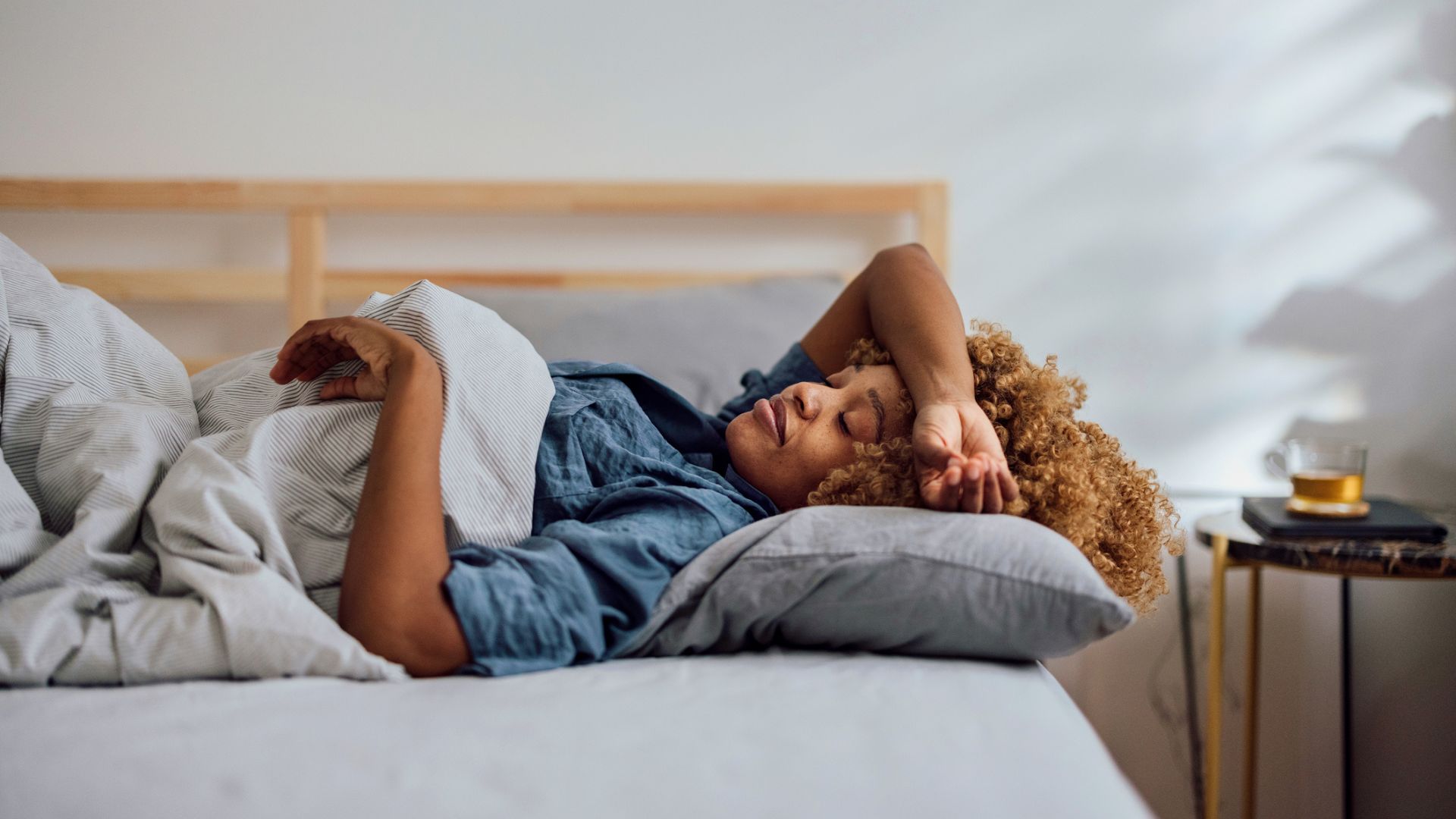
It’s not just physical symptoms however that can cause insomnia and steal away your sleep. "Psychological symptoms, such as anxiety and increased stress, can leave you tossing and turning and we know that sleep is affected by low mood and depression as well,” Dr Spencer adds.
Should you already suffer from a pre-existing sleep condition such as sleep apnoea or even restless legs, then there is also a chance that menopause will worsen it.
If you have any concerns about your sleep or menopause symptoms, consult your doctor as they will be able to suggest the best route forward.

As a co-founder of My Menopause Centre and member of the Medical Advisory Committee of the British Menopause Society, Dr Spencer is an experienced specialist when it comes to all things perimenopause and menopause.
How long does menopause insomnia last?
Similar to all other symptoms of menopause, it is completely dependent on the individual as to how long something will last. As Sammy Margo, sleep expert at Dreams, says, “For some women, insomnia may be a temporary issue, lasting a few months to a couple of years during the perimenopausal and early postmenopausal stages.”
It can also be the case that insomnia and other sleep disturbances might persist for an even longer period and into the postmenopausal years, should they not be properly addressed and treated. So if you’re wondering how to deal with sleep deprivation or perhaps asking yourself why do I keep waking up early on a regular basis, then it's time to speak to a doctor. In the meantime, this is what the experts suggest to try...

Over 25 years ago Sammy Margo set up her physiotherapy practice and was previously a spokesperson for the Chartered Society of Physiotherapy. However, whilst working, Margo discovered her passion for sleep health and went on to write two books for those who are struggling to sleep.
What helps with insomnia during menopause?
- Avoid alcohol: One of the simplest first steps is controlling what you drink before bed, Dr Spencer specifically warns against alcohol. She says, “Alcohol may be able to get you off to sleep, but the resulting quality of sleep can be poor. You experience a lighter sleep and don’t feel rested when you wake.” Instead, consider cutting down on alcohol if you can by reducing your intake or picking one of the many alternatives to alcohol.
- Go decaf: Another drink to avoid too close to bed is tea or coffee. Dr Spencer also recommends decreasing your caffeine intake throughout the day as your body may be more sensitive to caffeine which will affect you when you’re trying to sleep. Many women have found that quitting caffeine in menopause helped other symptoms too.
- Lifestyle changes: There’s a little more to this, but trying to manage your overall stress levels and worries can really help with insomnia and other menopause symptoms. Dr Spencer says, “This could be with yoga and meditation, exercise or other talking therapies such as cognitive behavioural therapy.”
- Cut down on smoking: Along with alcohol and caffeine, smoking can be a very disruptive stimulant when you’re trying to sleep. The nicotine more often than not will keep you up, so if you do smoke, Dr Spencer recommends trying your best to quit or at least cut down and avoid smoking later in the day.
- Learn about sleep hygiene: Sleep hygiene refers to the practice of setting up a consistent routine before bedtime which helps your body get into the mood to sleep. “For example, avoiding screens for around an hour before going to bed, having a soothing bath and waiting until you are tired before going to bed can all help," explains Dr Spencer.

Emily joined woman&home as a staff writer after finishing her MA in Magazine Journalism from City University in 2023. After writing various health and news content, she now specialises in lifestyle, covering unique cleaning hacks, gardening how-tos, and everything to help your houseplants thrive.
-
 We're in awe of Sienna Miller's easy-going and 'piece-y' hairstyle and how perfect it is for spring
We're in awe of Sienna Miller's easy-going and 'piece-y' hairstyle and how perfect it is for springThis laid-back hairstyle is - quite literally - making waves this season
By Naomi Jamieson Published
-
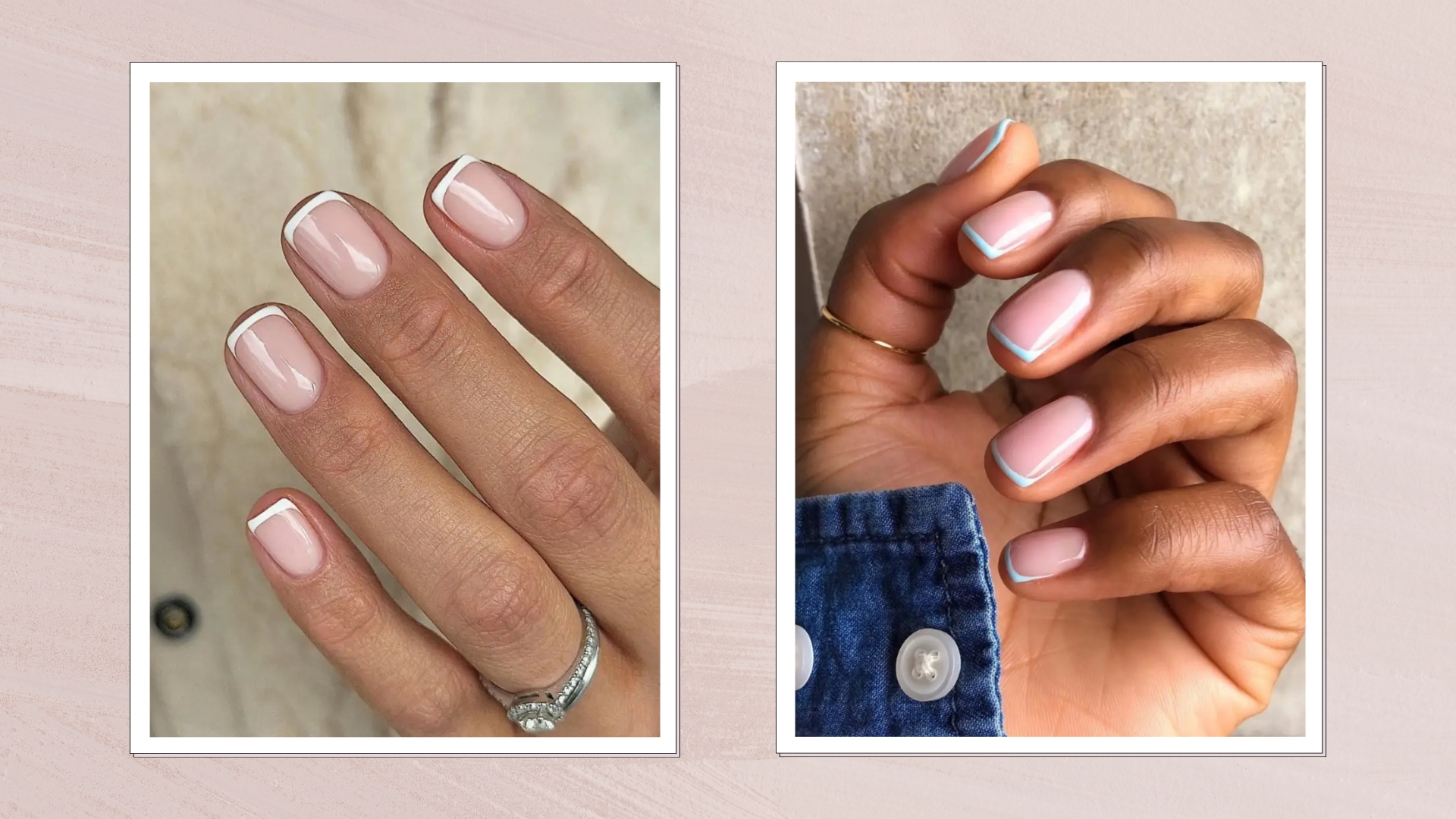 We never thought we'd see this 'dated' manicure make a chic comeback, but here it is - and we're on board
We never thought we'd see this 'dated' manicure make a chic comeback, but here it is - and we're on boardClean and angular, short square French tips are a go-to this season for a practical but stylish manicure...
By Naomi Jamieson Published
-
 Is coffee good for gut health? Nutrition experts reveal the truth behind our favourite wake-up call
Is coffee good for gut health? Nutrition experts reveal the truth behind our favourite wake-up callIs coffee good for gut health? Or is it time to bid adieu to our beloved caffeinated friend?
By Emily Smith Published
-
 Do blue light glasses actually work? We asked optometrists if you should get a pair
Do blue light glasses actually work? We asked optometrists if you should get a pairDo blue light glasses actually work and can they protect our eyes from all the screens in our lives?
By Emily Smith Published
-
 Winter plays havoc with our gut health - here's how to get it back on track
Winter plays havoc with our gut health - here's how to get it back on trackExperts reveal why it's so important to look after your gut health in winter and how to do it best
By Emily Smith Published
-
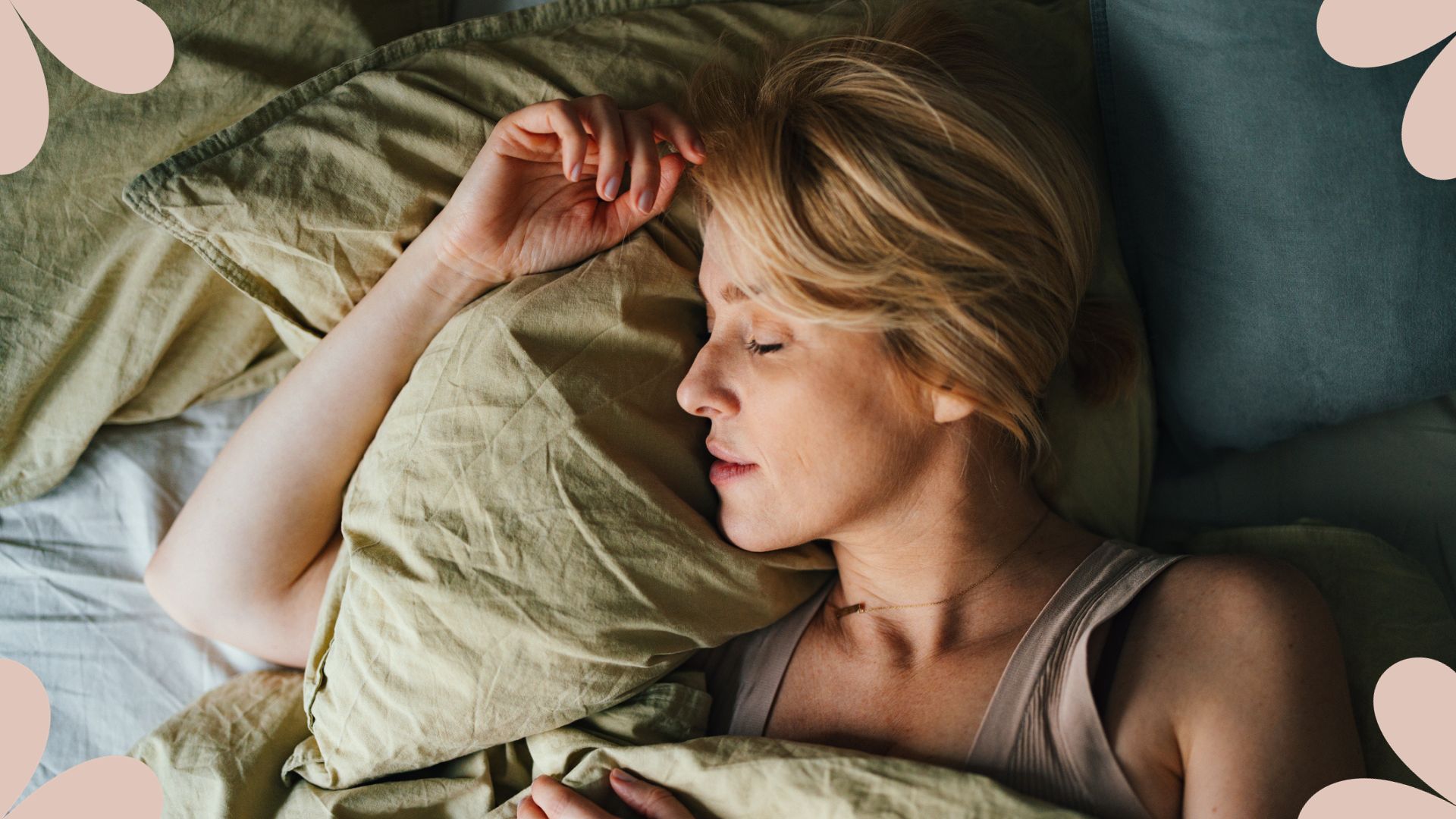 What is pink noise? Experts reveal how this sleep-inducing sound works to help you drift off
What is pink noise? Experts reveal how this sleep-inducing sound works to help you drift offYou might have heard of white noise before but it's pink noise that's been proven to help you drift off and improve your health in other ways
By Emily Smith Published
-
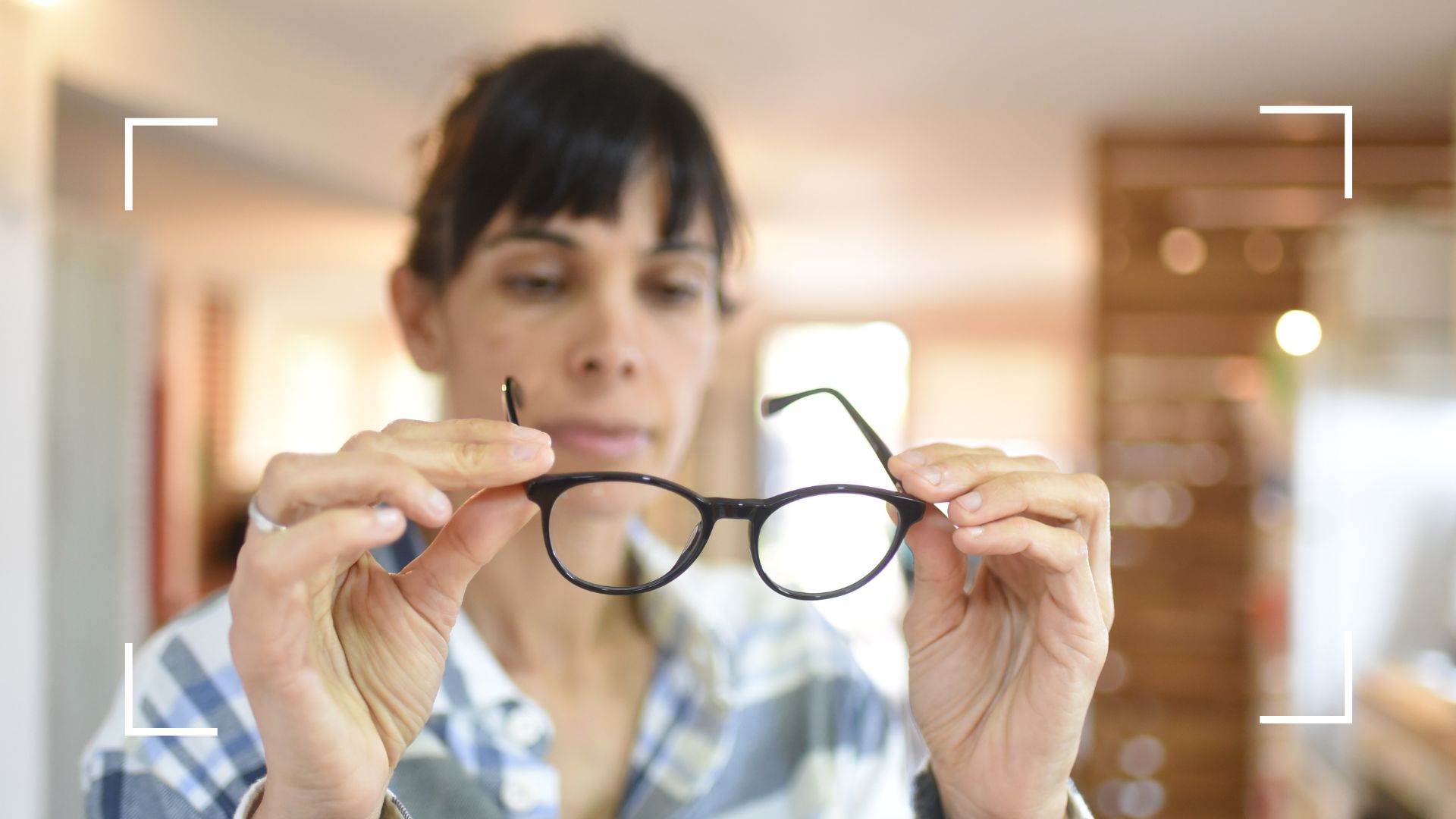 Can menopause cause dry eyes? Doctors reveal the truth behind the symptom
Can menopause cause dry eyes? Doctors reveal the truth behind the symptomYou might not think having dry eyes has anything to do with menopause, but this is actually one of the more unexpected symptoms
By Emily Smith Published
-
 How to clean a Fitbit properly with these 5 easy steps
How to clean a Fitbit properly with these 5 easy stepsHere's how to clean a Fitbit properly, after a study has revealed it's most likely three times dirtier than a toilet seat
By Emily Smith Published
-
 Can menopause cause a loss of taste and smell? Plus, 6 other signs of menopause you might not expect
Can menopause cause a loss of taste and smell? Plus, 6 other signs of menopause you might not expectCan menopause cause a loss of taste and smell? It's more than just colds and flu that can change our tastebuds
By Emily Smith Published
-
 5 foods for seasonal affective disorder to boost your mood
5 foods for seasonal affective disorder to boost your moodIf you're struggling with the idea of upcoming winter blues, some foods for seasonal affective disorder are better than others
By Emily Smith Published